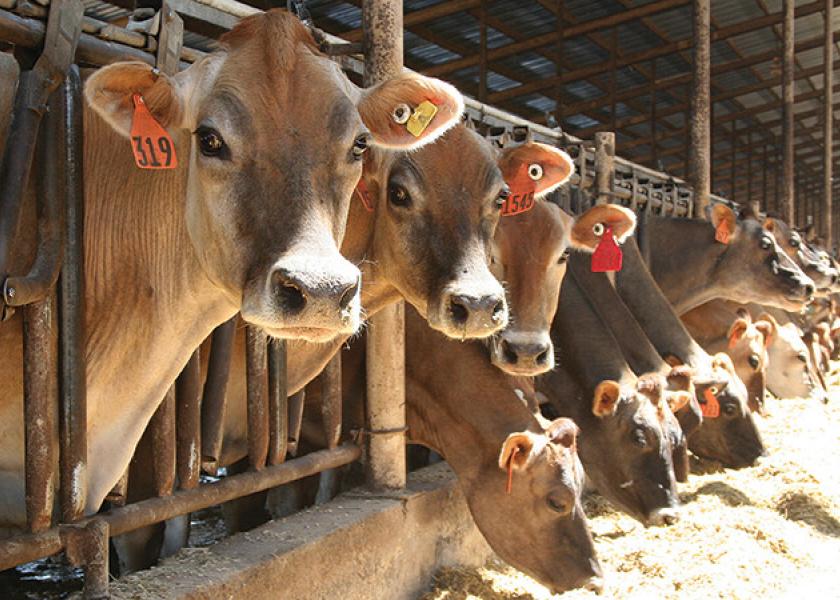California’s Prop 15 Will ‘Punish Farmers and Ranchers’

Politicians lie. That may not be a startling revelation, and usually when you vote you have some idea whether or not a candidate aligns with your political ideals. At least sometimes.
Such is not the case with California’s Proposition 15.
In less than two weeks California voters will decide whether to implement statewide tax reform, one that many agriculture groups are opposing. Proposition 15 is designed to change how the state taxes business properties with the intention of raising taxes on large businesses. Problem is, even some experts can’t agree whether the proposal will achieve its goals.
Farmers and ranchers generally agree, however, they don’t want Proposition 15.
“It poses an imminent threat to ranchers and farmers across California, with repercussions for all Californians,” according to California Cattlemen’s Association president Mark Lacey in an opinion published in San Joaquin Valley Sun.
In one ad broadcast in the state, Laton dairy farmer Melvin Medeiros says, “It hikes taxes on farms that produce our food. That means higher food prices for consumers at the worst possible time.”
Currently, California taxes all business property based on its purchase value. That means those who purchased their property long ago typically pay lower taxes than those who purchased their property more recently. Proposition 15 would change that for businesses with more than $3 million in commercial or industrial property by taxing those properties on current market value.
That could result in billions of dollars in higher taxes, and the money is ear-marked to fund schools and local governments.
Proposition 15 also exempts agricultural land from the reassessment, but farmers argue that many fixtures and improvements on their farms or ranches would be subject to reassessment. This is where supporters and opponents differ on the law’s interpretation.
While both agree that farmland is exempt, supporters of Proposition 15 say the measure exempts “real property used for commercial agricultural production.” That means structures on agricultural land used to produce food, like barns, would not be subject to the reassessment, Lenny Goldberg one of the chief supporters of the initiative told the Sacramento Bee. Food processing plants on land classified as industrial would face reassessment, but those on farmland would not, Goldberg said.
While that may sound reassuring, California Assessors Association president Don Gaekle says barns, irrigation systems and grape vines would be subject to reassessment. County assessors, who make property value determinations, oppose Proposition 15 because they say it will be extremely difficult for their offices to implement and are campaigning aggressively to defeat it, reports the Bee.
Among independent experts, there’s not broad consensus about which side is right.
CCA president Lacey, however, says ranchers will be among the state’s hardest-hit by Proposition 15.
“The ballot measure has a staggering price tag of $11.5 billion in property tax increases every year, repealing Proposition 13’s four-plus decades of protections that have provided farmers and ranchers with economic certainty and stability,” he wrote.
“Prop. 15 will devastate farmers and ranchers by increasing property taxes on agricultural buildings and improvements, including basically everything that is required to move food from farm to fork. Structures like barns and feedlots will be heavily taxed; even fruit trees and grape vines will be subject to higher property taxes.”
He says Proposition 15 will even increase property taxes on solar panels and methane digesters, effectively punishing farmers and ranchers for proactively undertaking responsible environmental stewardship.
“The result is that families throughout California will pay more for meat, cheese, eggs, produce and virtually every other agricultural product at a time when many can least afford it,” Lacey said.
Related stories:







